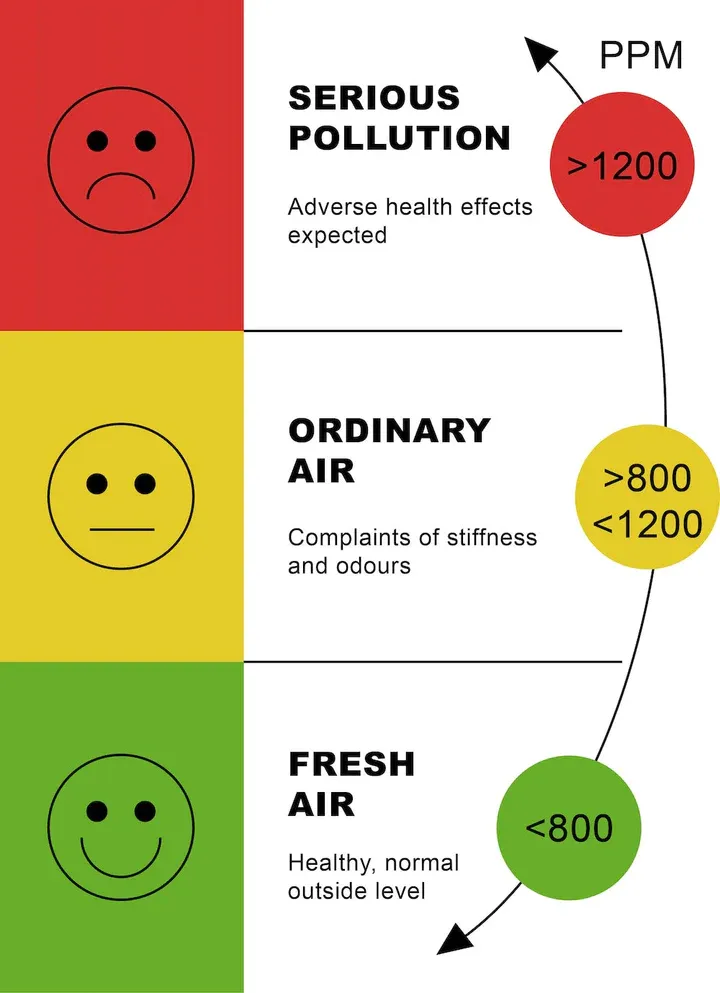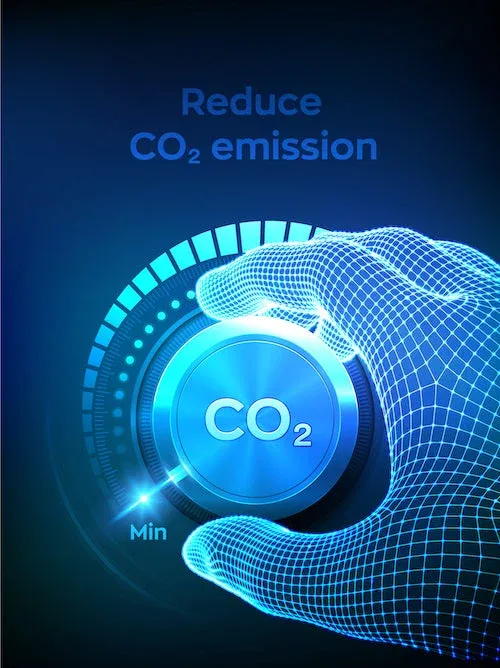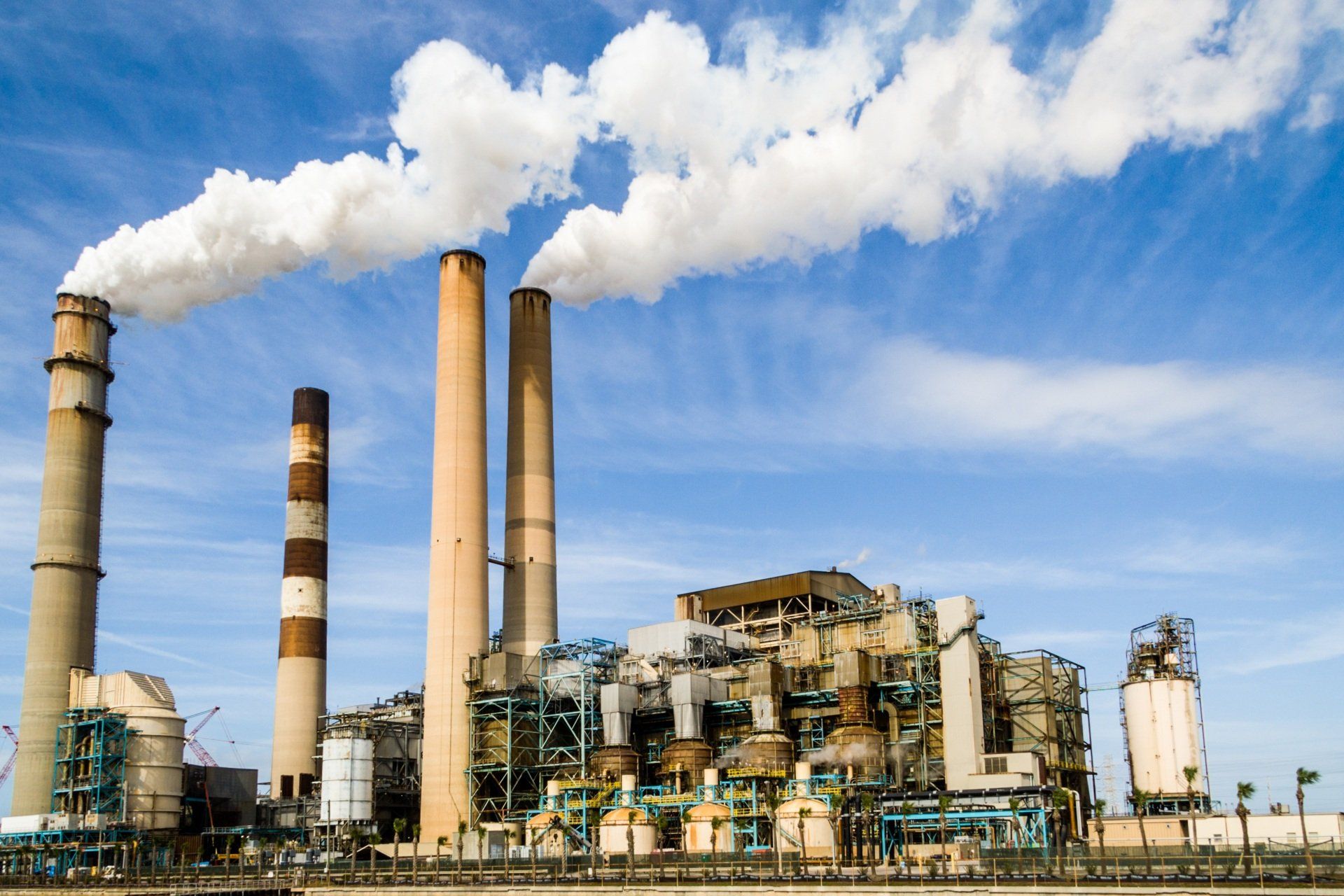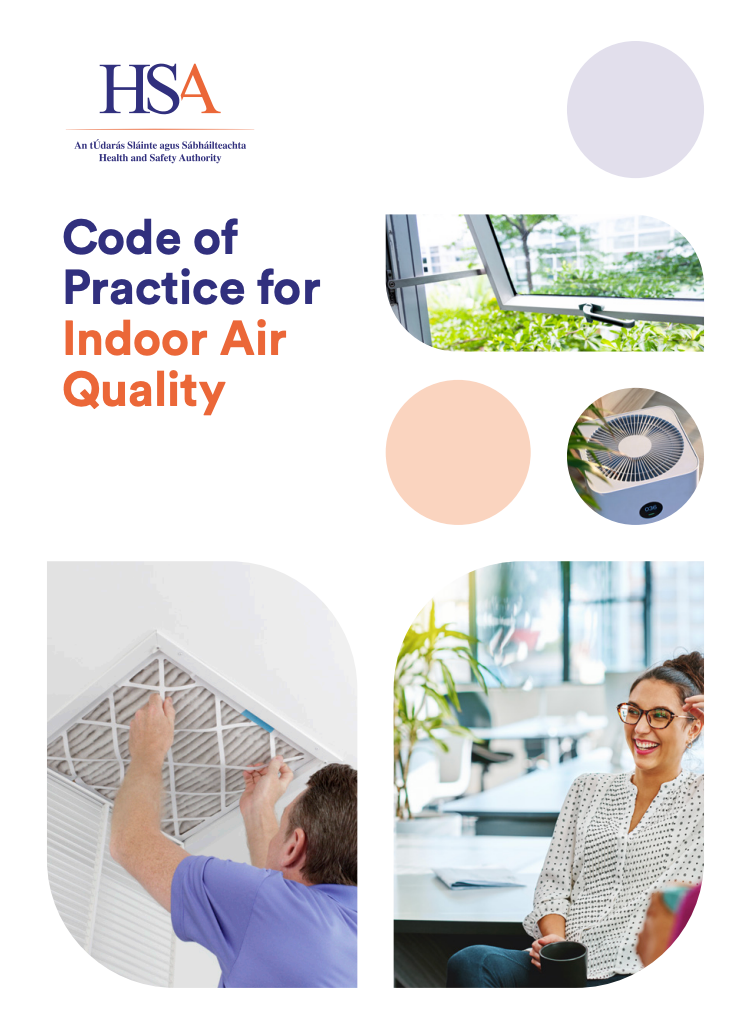Indoor Air Quality for Healthcare Facilities
Ultra Protect ensures clean air in your healthcare setting with full-site risk assessments. We provide tailored solutions, including air monitoring, UVC purification, ventilation, infection control, and dust management.
Is Your Hospital’s Air Quality Protecting Patients & Staff?
‘Airborne transmission accounts for up to 10% of all healthcare-associated infections (HCAIs), contributing to prolonged hospital stays, increased costs, and higher mortality rates.’
– World Health Organisation (WHO)
London Mayor Sadiq Khan has called for urgent action after an analysis showed that every hospital and medical centre in the capital is in an area the World Health Organisation (WHO) classifies as having toxic air pollution.
According to WHO, poor air quality is the UK's largest environmental risk to public health. Long-term exposure to air pollution can cause chronic conditions such as cardiovascular and respiratory diseases as well as lung cancer, leading to reduced life expectancy.
We take air hygiene in hospitals and surgeries very seriously and understand its vital role in patient recovery.

Air Compliance & Best Practices in Healthcare Industry
The World Health Organisation and the UK Government recognise air pollution - particularly internal air quality - as the largest environmental health risk we face today.
Hospitals and healthcare facilities must comply with
ASHRAE and other regulatory standards concerning air change rates, humidity requirements, and pressurisation. ASHRAE Standard 62.1 is the most commonly referenced standard for meeting the appropriate HVAC system design requirements. Other sanitisation solutions include UV light to reduce hospital-acquired infections, unique air requirements, and outdoor air systems.
Furthermore, employers have a duty of care to create a safe and healthy work environment under the
Health & Safety at Work etc. Act 1974 and the
Occupiers Liability Act 1984. The Approved Code of Practice accompanying the Workplace (Health, Safety and Welfare) Regulations also requires indoor air quality to equal the air outside the building.
Air Quality Testing For Hospitals
Improving internal air quality begins with an internal air quality assessment. This is a risk assessment which outlines the current condition of the air in your facility. It will show which areas need improvement and lay out measures for these improvements.
Indoor air quality testing and monitoring can tremendously impact achieving our reduction targets. Proactive air quality monitoring will give you control of the health of both your buildings and the people using them.
Understanding what is in the air can help you optimise your ventilation and building maintenance based on need, resulting in energy savings.
Air Purification for Healthcare
Relying on humans to clean buildings is outdated as it is virtually impossible to reduce microbes this way for more than a few minutes – especially within busy areas. Self-sanitising building technology is the future of protection against the growing microbial threat – and is available now.
Surface and the air have to be sanitised as a partnership to control Pathogens, including viruses, successfully. There are solutions available right now that will virtually eradicate the microbial threat. Working with information obtained through an air quality assessment; we can implement a series of measures to improve your air quality.
Our air quality solutions include
- Air Purifiers with UV-C
- UV sanitisation and decontamination
- Ventilation systems and air filtration.
- Dust management assessments and solutions
Healthcare Air Quality Monitoring
How We Improve the Air You Breathe
Air Quality Testing
Improving internal air quality begins with an internal air quality assessment. This is a risk assessment which outlines the current condition of the air in your facility. It will show which areas need improvement and lay out measures for these improvements.
General practice and hospital air quality monitoring can tremendously impact the achievement of our reduction targets. Proactive air quality monitoring will give you control of the health of both your buildings and the people using them.
Understanding what is in the air can help you optimise your ventilation and building maintenance based on need, resulting in energy savings.
Air Purification for Healthcare
Relying on humans to clean buildings is outdated as it is virtually impossible to reduce microbes this way for more than a few minutes – especially within busy areas. Self-sanitising building technology is the future of protection against the growing microbial threat – and is available now.
Surfaces and the air have to be sanitised as a partnership to control Pathogens, including viruses, successfully. There are solutions available right now that will virtually eradicate the microbial threat, like the VSC1000 long-lasting infection solution, which kills pathogens, microbes, mould and bacteria on both surfaces and in the air.
By using information obtained through an air quality assessment, we can implement a series of measures to improve your air quality.
Our air quality solutions include:
- Air Purifiers with UV-C
- VSC1000 Infection Control Solution & UV Sanitation
- Ventilation systems & air filtration.
- Dust management assessments and solutions.
- inBiot smart air monitoring.
Call Us & Arrange Your Site Visit Today
Make sure your staff and patients are protected, understand the importance of air quality and the potential impact with our air quality assessments. With our reliable and accurate air quality analysis, you can develop air quality management plans to meet legislative requirements and keep everyone safe.
Learn more and get started today. Get in touch with an air quality expert below.
Contact Us
Healthcare Air Quality FAQs
How frequently should healthcare facilities test air quality?
Testing air quality in any healthcare setting should take place frequently to ensure the highest level of air quality possible.
Whether you are a General Practice, a Dentist, a Hospital, a Care Home or more, our team of expert advisors can advise on how frequently your air should be tested depending on the usage of your building.
Which air filter should hospitals use?
The specific air filters best suited to your facility will be determined through an air risk assessment. However, generally you will want a HEPA filter. These are regarded as the highest standard in the industry.
Carbon filters are also a popular choice. Activated carbon filters and HEPA filters are often used alongside each other for optimum results.
What products are available to improve air quality?
We provide a selection of internal air quality management products including; air purifiers, dust blockers, and ventilation.
Book Your Air Quality Assessment
We have the expertise and products to provide solutions for a cleaner, fresher and healthier environment for us to work in.









